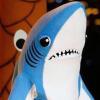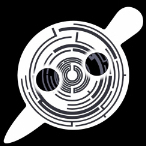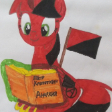Make your own REALISTIC nation.
-
Similar Content
-
- 35 replies
- 9,034 views
-
- 63 replies
- 3,766 views
-
- 46 replies
- 2,985 views
-
- 28 replies
- 1,382 views
-
- 113 replies
- 8,533 views
-
-
Recently Browsing 0 members
- No registered users viewing this page.




.thumb.png.83e037ba7e453fda3377d3d6caa2743d.png)

Recommended Posts
Create an account or sign in to comment
You need to be a member in order to leave a comment
Create an account
Sign up for a new account in our community. It's easy!
Join the herd!Sign in
Already have an account? Sign in here.
Sign In Now